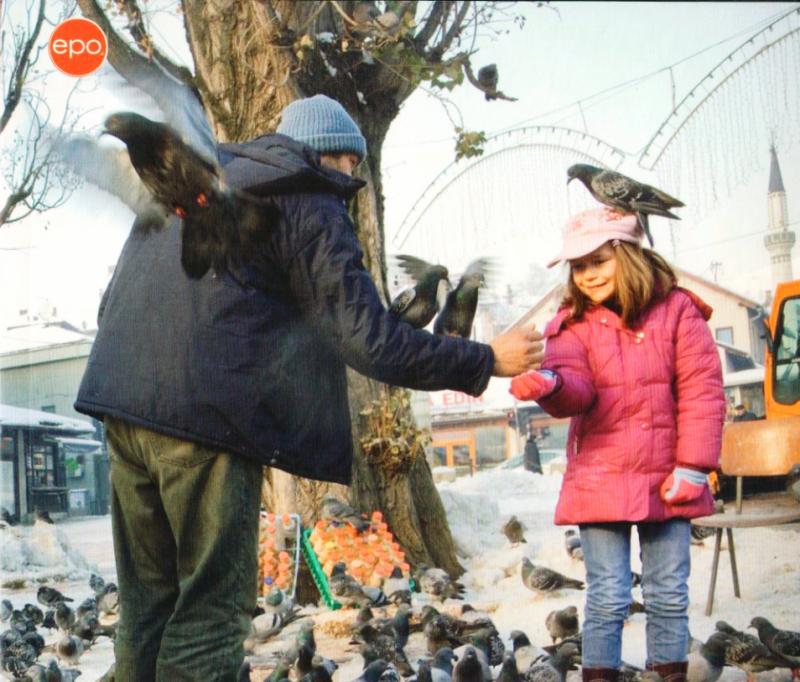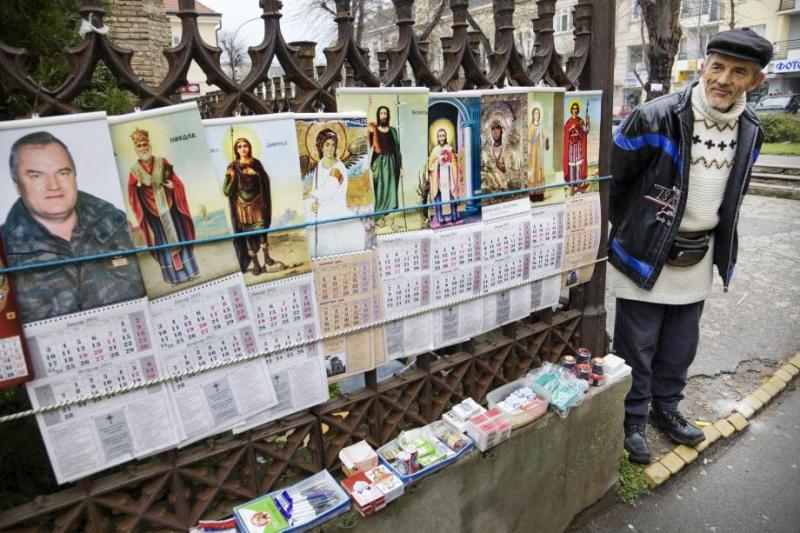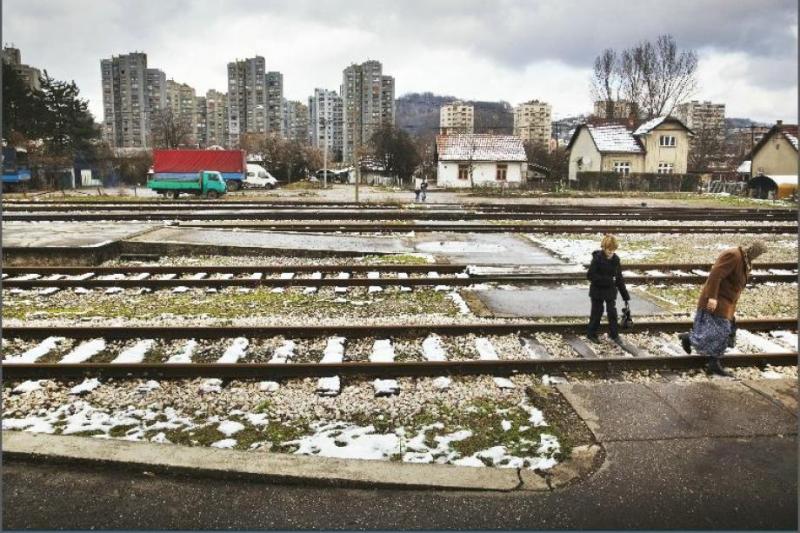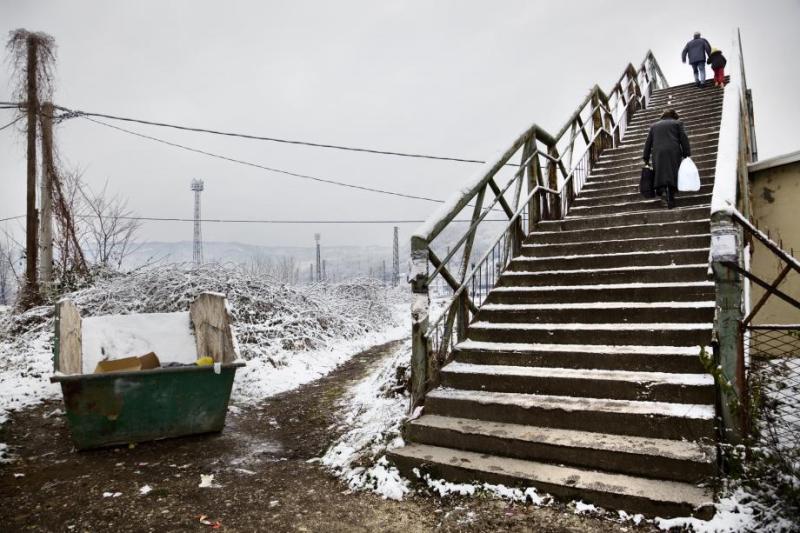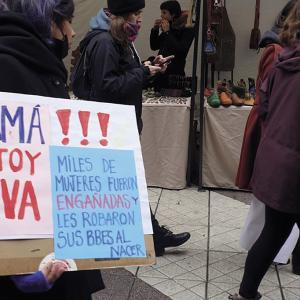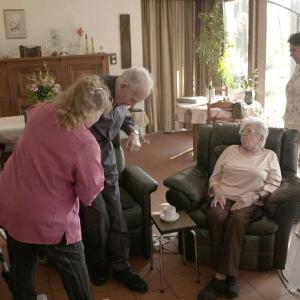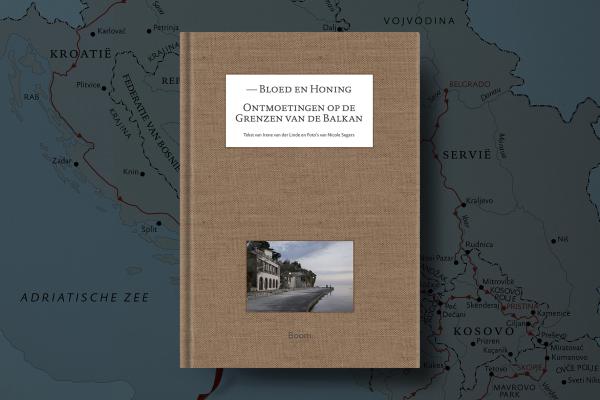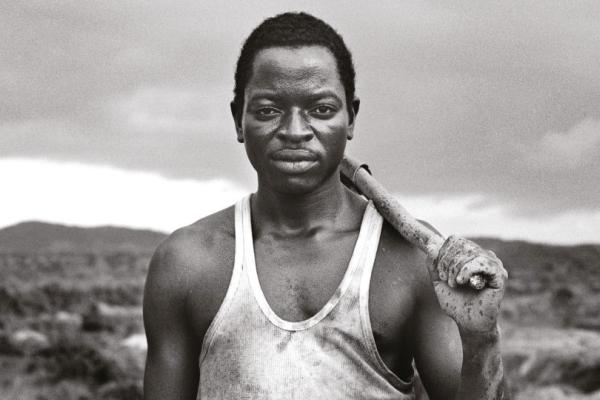This led to ethnic cleansing, tens of thousands of deaths, millions of refugees – in the heart of Europe. After the war, the railway between the two cities was restored fairly quickly, but it was still too early to reopen the connection. Now, years later, the train is back. Is it a sign of reconciliation?
Korneel De Rynck travels to the former Yugoslavia, fifteen years after the end of the war, and travels along the railway line, passing places that remind him of death and destruction. He looks at what happened then and what has changed since. Are people living together again? Have the factors that led to war disappeared?
The author talks to people on the train and in the villages and towns along the railway line. He meets former Croatian president Stjepan Mesic, Tito's granddaughter, Milosevic's former advisor, and relatives of Gavrilo Princip, who started the First World War in Sarajevo.
He speaks with politicians, journalists, NGOs, ex-soldiers, religious leaders. But also with Zoran, who built a church because he survived the war, with the young Bosnian refugee Mladenko, the football-playing imam of Doboj, the seller of Mladic calendars and the directors of a segregated nursery in Vukovar.
A book about a train, about traces of reconciliation, lasting enemies and renewed friendships.
'Very smooth writing, often moving, lively and with the necessary journalistic distance from events and people. Certainly not boring. After historical descriptions, the train keeps popping up with a personal story. With beautiful colour photos that create a subtle whole of text and image.'
— Jury De Groene Waterman Prize 2012
Photos: © Frederik Buyckx
